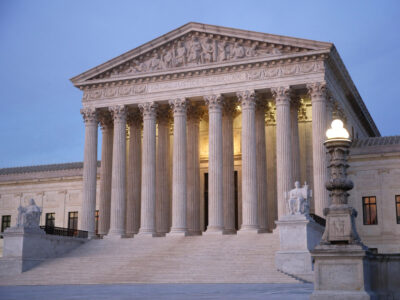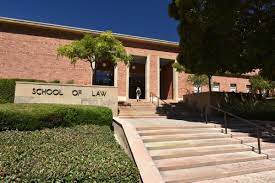Lemonade
Can the COVID Crisis Benefit Climate Response?

Former Obama chief of staff and Chicago Mayor Rahm Emmanuel has been cited quite a bit for this quote:
You never let a serious crisis go to waste. And what I mean by that it’s an opportunity to do things you think you could not do before.
COVID-19 certainly meets the criteria of a serious crisis, and, as many have noted, it also presents some opportunities. The Trump Administration seems hell bent on using the crisis as cover to gut even more environmental regulations. Others see it as a moment to make significant progress on climate change. Here’s a view from the World Economic Forum: https://www.weforum.org/agenda/2020/05/climate-action-top-global-agenda-covid-19/
Most of the proposals or suggestions, in my view, are not sufficiently specific, so I want to provide a couple of my own. I encourage people to make additional specific suggestions.
In all likelihood, the federal government will likely need to provide additional relief to companies hard-hit by the pandemic. My proposal: for any publicly traded company that receives federal pandemic-related assistance, the company must agree to reach carbon neutral emissions by 2045. This would apply to airlines, oil companies, and all others, and would make a significant dent in emissions. There are different possible approaches to this. France, for example, is focusing on electric vehicles in restarting their auto industry, but the idea is to move to carbon neutrality more rapidly than we might otherwise.
We are also likely to see some renewed effort to fund infrastructure. My proposal: combine public service, college tuition waiver, and infrastructure/resilience. We can build an infrastructure corps, including thousands of college students, who, in exchange for working for a semester in local communities on infrastructure and resilience projects (with a focus on green infrastructure), would receive a waiver of tuition for at least that semester (for which they would also receive credit and do on-line course work). This would benefit communities, students, and universities and provide meaningful economic stimulus.
We can work towards a silver lining, but we need some bold thinking and action.







Reader Comments